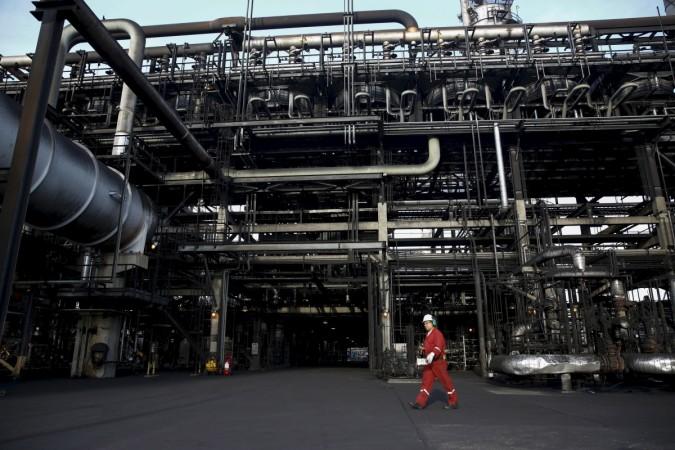
Crude oil prices continued to trade higher on Wednesday, after posting about 3.5% increase in the previous trading session. But some analysts could hardly find any strong reason for the rally.
"There were hardly any real reasons for the robust price increase, however, which began in the late morning without any obvious trigger," said Commerzbank Corporates & Markets in a note.
Brent crude oil rose more than 3% on Tuesday reaching $66 per barrel on the speculations that the US shale oil boom is coming to an end.
"We see no fundamental justification for the current price rise, which we believe is primarily driven by sentiment and momentum," said Commerzbank.
However, a report by US Energy Information Administration (EIA) on Tuesday revealed some positive factors for oil markets.
The EIA now expects the decline in US crude oil production to continue from June till the end of this year against the previous assumption of a fall in production until September.
The agency sees US oil production averaging 9.4 million barrels a day in 2015 and falling to 9.3 million barrels a day in 2016, 24/7 Wall St said.
EIA also expects Brent crude oil price averaging $61 a barrel in 2015 and $67 a barrel in 2016.
On Monday, the EIA had projected the US shale oil output to fall in July to 5.49 million barrels, the lowest since January. It predicted oil production at North Dakota's Bakken and Texas's Eagle Ford – the two largest shale plays – will decline 1.3% to 5.58 million barrels a day this month.
Many agencies including EOG Resources Inc, the biggest shale-oil producer in the US, hedge fund manager Andrew J Hall and Standard Chartered have estimated a fall in US oil production after crude oil prices slumped last year, Bloomberg reported.
Overall, crude oil prices have rebounded by 50% from its lows of $46 per barrel hit in January this year. Oversupply concerns still remain as a drag on the oil market, as the Organisation of Petroleum Exporting Countries (OPEC) refrains from cutting the output.
"Reports that Saudi Arabia had only stepped up its oil output in response to higher demand was likewise interpreted positively by the market. That said, this ignores the fact that Saudi Arabia is thus preventing any reduction of the oversupply," said Commerzbank.

















